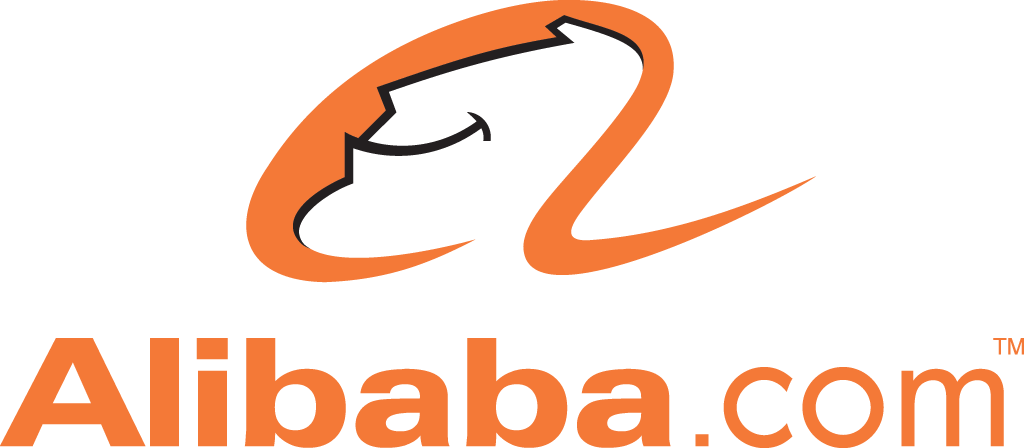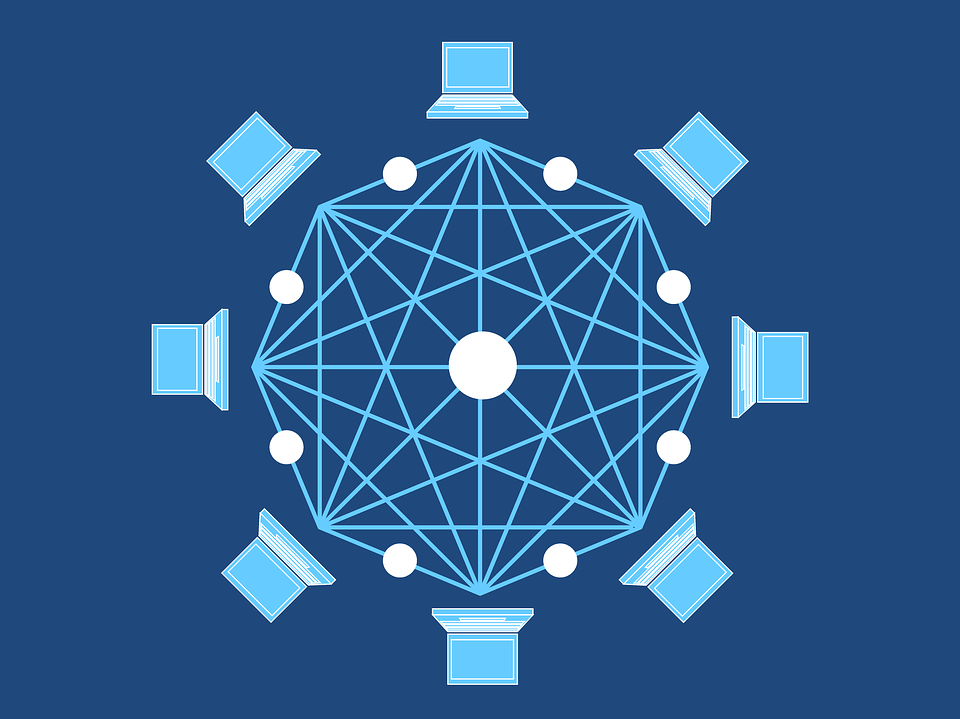Related Blogs
May 3, 2018 | Michael Reilly



Separating the ideas behind cryptocurrency and blockchain can be a little jarring at first. After all, you don’t often hear about one without at least a mention of the other.
However, the truth of the matter is that, while cryptos and blockchain certainly “grew up” together, they’re not attached at the hip.
In fact, blockchain investments have a similar potential for explosive growth…without sharing a lot of the risks of traditional crypto investing.
This is because, while cryptocurrencies require a blockchain platform to function, the reverse isn’t necessarily true.
Most new blockchain projects don’t have any connection to new or existing cryptocurrencies. To illustrate this point, let’s take a look at some of the heated action going on in China right now.
If you were paying attention to international news earlier this year, you might remember that China banned cryptocurrency trading and mining at the beginning of 2018.
Mining operations are quietly shutting down, and many of China’s trading exchanges have moved to Hong Kong, an autonomous region not subject to the new regulations.
It’s worth noting that, despite the crypto-crackdown, China’s big businesses continue to focus on blockchain as a way to improve their business models.
In fact, thousands of China’s business elite recently concluded their largest annual gathering, and the hottest topic was blockchain.
High ranking Chinese officials have even called for the establishment of a state blockchain assets trading program, with the official report stating:
“[A] regulated, efficient and clean blockchain digital asset trading platform will be set up for enterprises to raise funds and trade digital assets.”
The excitement behind the blockchain craze has to do with the fact that it’s a huge leap forward technology wise and that it has multiple applications across several different platforms.
Alibaba, one of the top ten most valuable companies in the world, with a market cap of over $500bn, is currently applying blockchain tech in the areas of import/export, healthcare, and food quality control.
If properly implemented, this will allow them to significantly reduce fraudulent transactions, eliminate counterfeit food operations, and create a more efficient healthcare system, at a reduced cost to both doctors and patients.
Information entered into blockchain platforms is nearly impervious to tampering, which allows consumers and importers alike to accurately track their products every step of the way.
This is why JD.com, China’s second-largest e-commerce site, is developing a blockchain app allowing consumers to track meat they purchase all the way back to the farm. They can even view detailed information such as the cow’s breed, date of slaughter, and bacteria testing profiles.
Information like this is critical to countries that experience frequent problems with food contamination and food counterfeiting.
Over in the tech sector, Tencent Holdings, a Chinese IT company often referenced as being “bigger than facebook”, is working on a handful of blockchain projects, all with vastly different applications.
Some of their more notable projects include an app which allows users to profit from increases in the price of gold, a service that allows smaller businesses to acquire affordable financing, and a program that could aid in the search for missing children.
They’ve also already launched their own Blockchain platform called TrustSQL, designed to offer other firms the opportunity to develop similar products and apps as clients of Tencent.
Baidu Inc., another Chinese tech giant, is taking a similar approach with the development of their own Blockchain-as-a-service (BaaS) platform, called Baidu Trust.
Their aim is to create the most user-friendly version of the blockchain service, with applications in digital billing, bank credit management, and insurance management financial auditing…to name just a few. Baidu even claims that their platform has contributed to China’s first blockchain based asset-backed securities exchange.
The very nature of blockchain tech makes it much less susceptible to hacks and fraudulent transactions, which is why so many companies are scrambling to bring its applications to banks and credit card companies. If Baidu’s claim of developing the most user-friendly platform for this proves true, they could be in a good position to become powerful players in the emerging blockchain market.
The point of all this is that blockchain investing can be completely independent from the cryptocurrency market. None of these blockchain platforms make use of cryptocoins or tokens, and all three of China’s tech giants continue to place big bets on blockchain, despite the country-wide crypto ban.
Does this mean that these big Chinese blockchain players are good buys? Well…not necessarily at the moment. While they all have ambitious plans for the future, their blockchain projects aren’t at a point where they’re currently driving up share prices.
Fortunately…we think we’ve found something better. We’ve compiled one of the most complete lists of companies currently working on blockchain-based projects and sifted through to find the ones showing the best current trends.
Our upcoming webinar highlights companies that have also invested in blockchain tech…but which have even more relative strength, and are riding confirmed upward price trends. With blockchain’s potential, there’s always the chance one of these could be the next “big thing.”
This is one info session you definitely don’t want to miss. You’re already signed up, so make sure you’re ready to attend on May 8th. By attending, you can see the list of our starting positions, and get all the info you need to invest wisely in a market that’s primed to explode.
Tags

Get Our FREE Guide
How to Find the Best Advisor for You
Learn how to choose an advisor that has your best interests in mind. You'll also be subscribed to ADAPT, Avalon’s free newsletter with updates on our strongest performing investment models and market insights from a responsible money management perspective.

